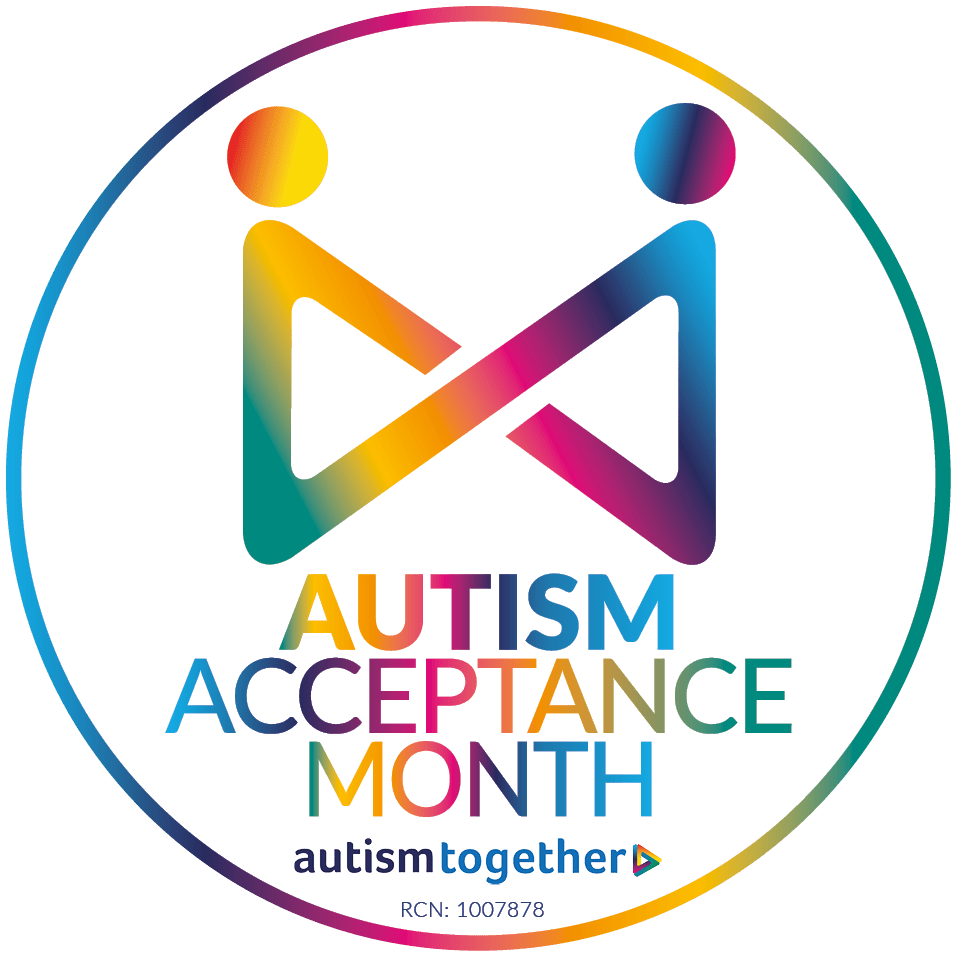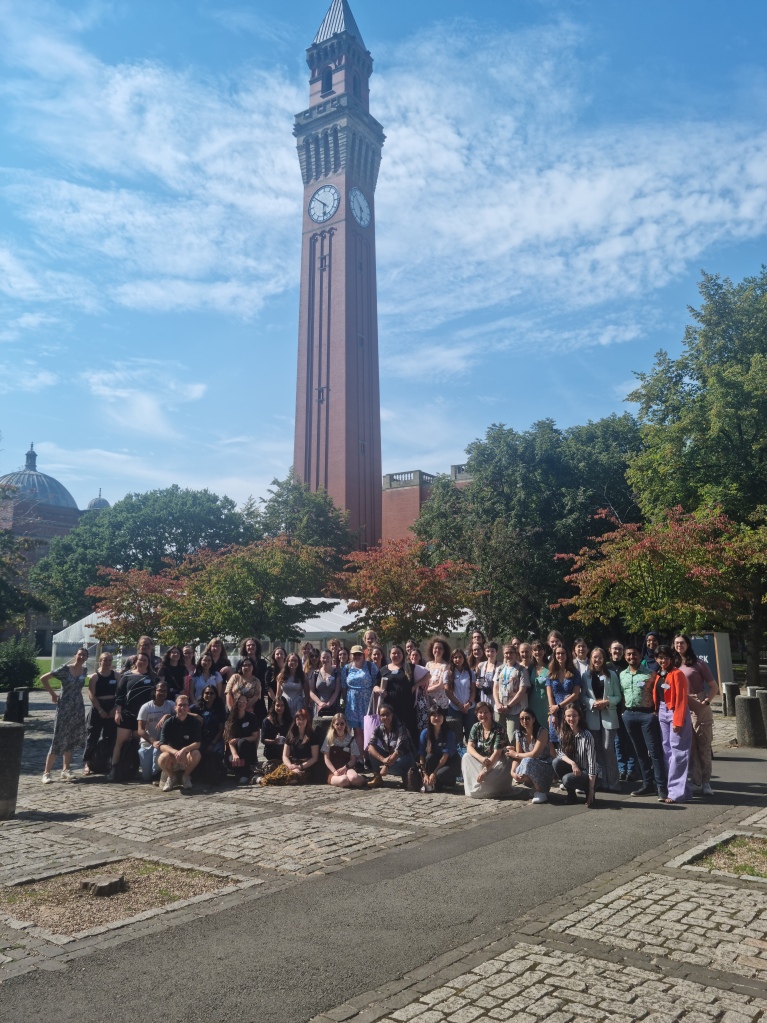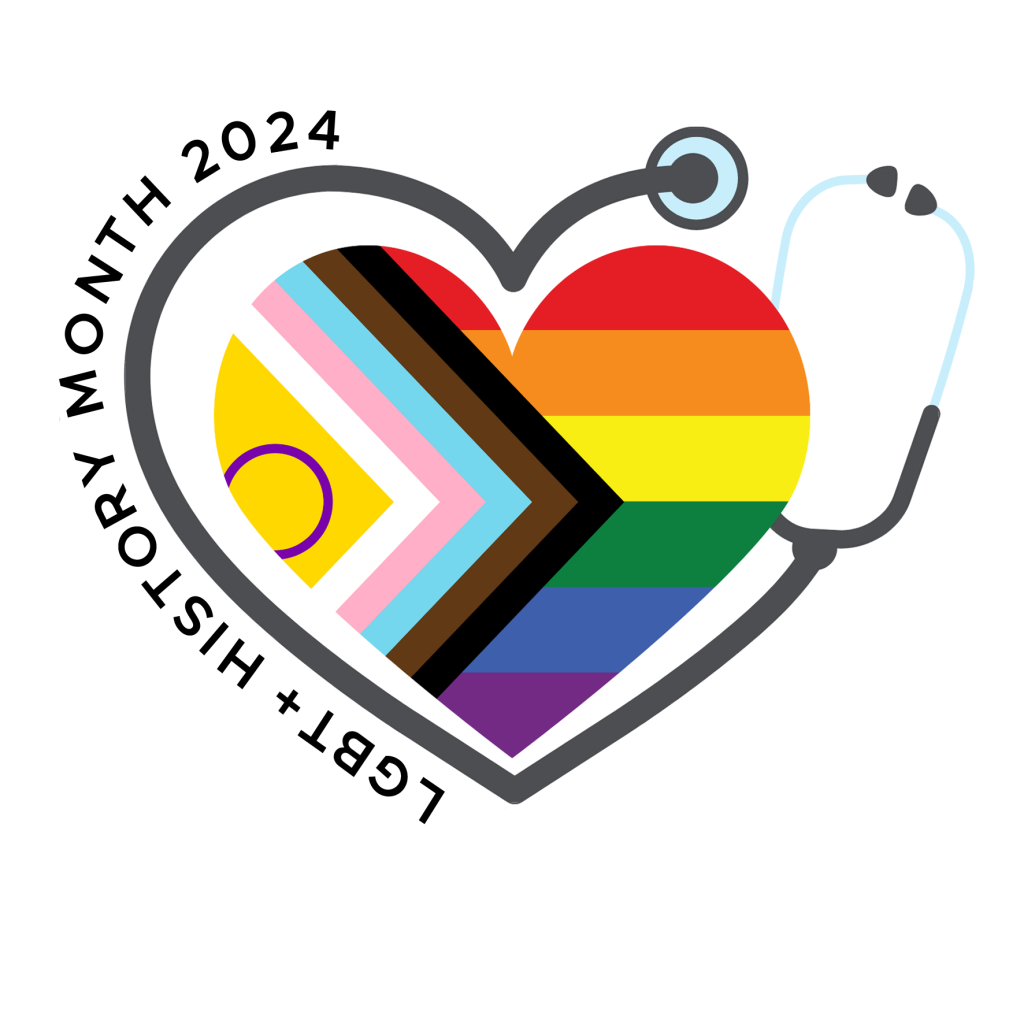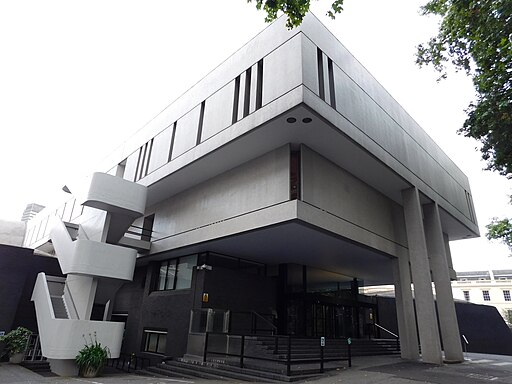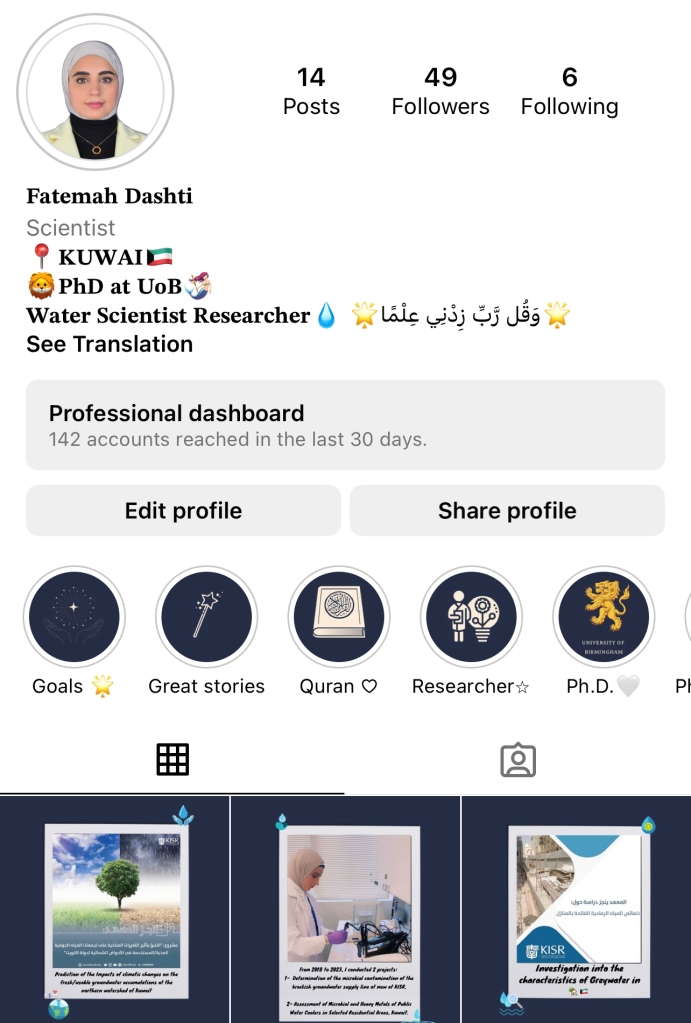In this post, Judith Hegenbarth, Head of Research Skills in Libraries and Learning Resources, looks at the ways in which PGRs can participate in the ever-expanding open research culture.
You may have heard about a world-wide move to ‘open’ research, where the outputs of research projects are made as accessible and reusable as possible. Outputs are often understood to be publications, but can also include datasets, code and software, and records of methodologies that have been used. The University of Birmingham has made its own statement and commitment on open research; but how can PGRs contribute?
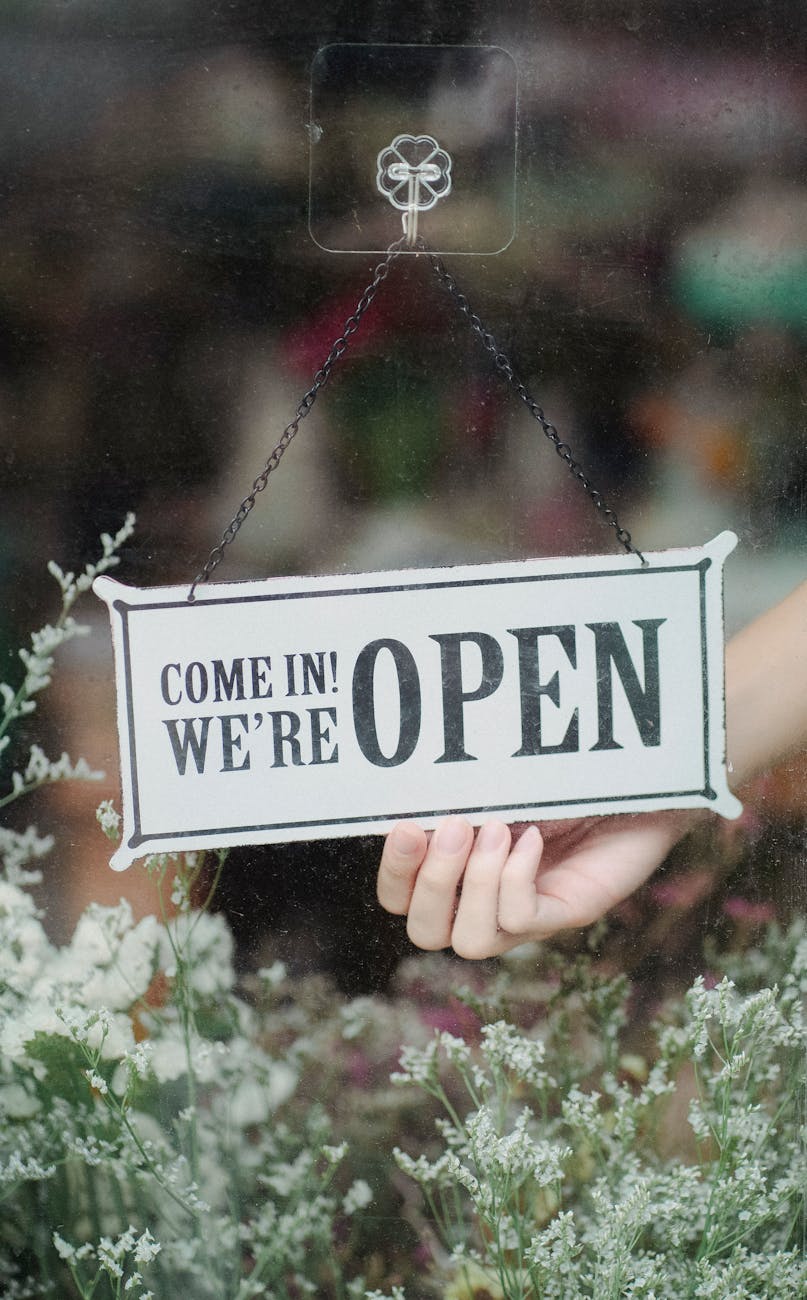
In the most tangible way, your thesis will be the output of all the work you have done on your research programme. At the end of your programme, you will submit an electronic version of your thesis to the University’s eTheses repository and this will make your work more discoverable and give your research wider reach. Over the past 4 years where the library holds theses in hard copy and electronic format, there have been less than 160 individual hard copy consultations across the entire collection, while electronic theses have been downloaded almost three million times.
Of course, there may be conditions under which you have to apply an embargo to your work (such as complying with commercial funder requirements, or not releasing mentions of patient data), and there is a process for applying for one of these. One of the key tenets of the open research movement is to make your work ‘as open as possible, as closed as necessary’.
Aside from your thesis, there are other ways that you can practice openness in your work:
- By creating an ORCID (Open Researcher and Contributor ID), you can tell people what you’re researching and point them to your work. If you have a slide deck from a conference you spoke at, you can deposit it on a repository such as Zenodo, which will ‘mint’ a Digital Object Identifier (DOI) to add to your profile.
- If you have a manuscript that is ready to be submitted to a peer reviewed journal, you can deposit it on a preprint server (most journal publishers are happy for this to happen but check their webpage for their policy on this). This gives you the chance to get informal feedback on your work and for others to see it sooner than they otherwise would. There are disciplinary repositories that you can use, and the University has its own ‘ePapers’ repository.
- You may also be able to publish open access via one of the publisher agreements that Library has paid for upfront to cover publishing fees for corresponding authors with a University email address. Our SciFree tool is the starting point for identifying those journals.
- Think about whether the data underpinning your research can be shared (which you hopefully considered and discussed with your supervisor when you wrote your Data Management Plan). You can deposit your data in our eData repository once your research is complete so you are prepared should a publisher or funder require you to provide a data access statement.
- If you write code to analyse data, consider sharing this using tools such as GitHub or GitLab which allow you to make software publicly available whilst under active development using versioning.
- As well as sharing your own work, you can benefit from the openness of others. Take a look at Re3Data to see datasets that you could interrogate in your own discipline area.
Open Research is an initiative that continues to develop, and over time you will undoubtedly come across more and more ways to work ‘openly’. There is ongoing support from the Research Skills Team and the Scholarly Communications Team. Our Research Data Librarian holds drop-ins, and you can ask us more by having Tea with a Research Librarian. In the meantime, you can find more detail on our self-enrol canvas course.

